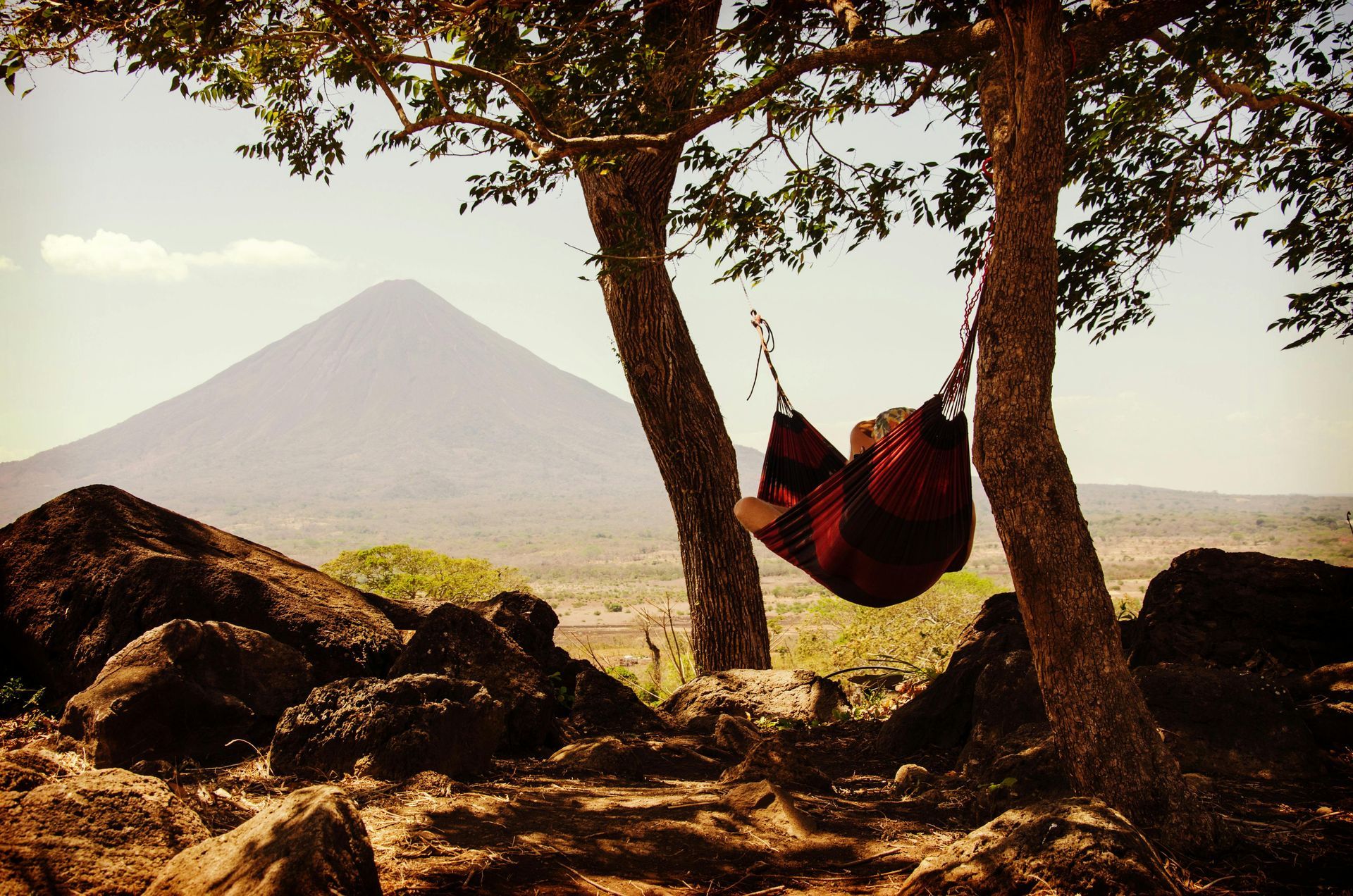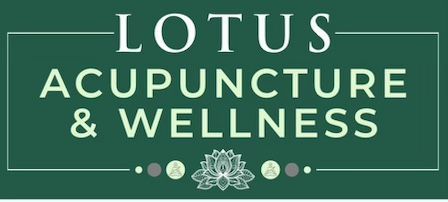When it comes to
pain relief and muscle recovery, both
dry needling and acupuncture use thin, sterile needles inserted into the body. However,
they are not the same—from training and philosophy to safety and effectiveness, these two practices differ significantly. If you’re considering treatment, it’s important to understand the
key differences between dry needling and acupuncture so you can make an informed decision.
What Is Acupuncture?

What Is Dry Needling?
Dry needling is a modern technique used by physical therapists, chiropractors, and other practitioners to relieve muscle tension and trigger points. Unlike acupuncture, it does not follow Traditional Chinese Medicine (TCM) principles and is only focused on muscle pain.
Key Facts About Dry Needling:
✔ Limited Scope – Primarily targets muscle knots and trigger points
✔ Minimal Training – Practitioners only complete a weekend course (often less than 30 hours of training)
✔ Not Licensed in Many States – Some states do not regulate dry needling, and there is no national licensing standard
✔ Higher Risk of Injury – Because dry needling practitioners have minimal training, there is a greater risk of nerve damage, improper needle insertion, and infections
✔ Not Holistic – Dry needling only relieves muscle tension but does not address underlying causes of pain or systemic health issues
Dry needling can provide temporary pain relief, but it does not promote overall body balance and long-term healing like acupuncture does.
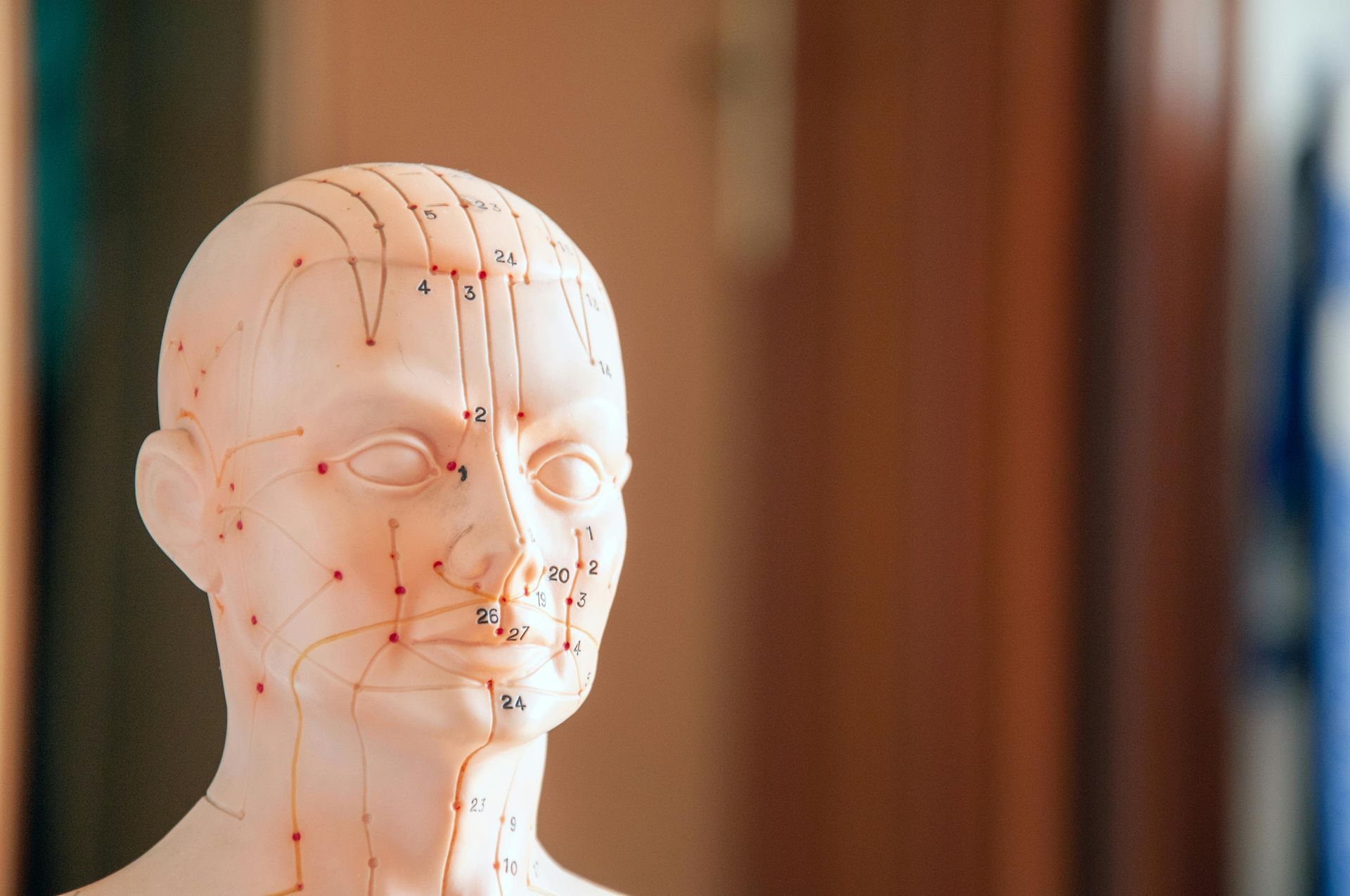
Acupuncturists Can Perform Dry Needling Techniques – But Dry Needling Practitioners Can’t Perform Acupuncture
One major advantage of choosing an acupuncturist is that they can incorporate dry needling techniques into acupuncture treatments when needed. Since acupuncturists are highly trained in needle techniques, muscle anatomy, and pain management, they can safely and effectively target trigger points while also addressing the root causes of pain.
However, dry needling practitioners cannot legally practice acupuncture, as they lack the necessary education and licensing required to treat patients holistically.
Key Differences in Education
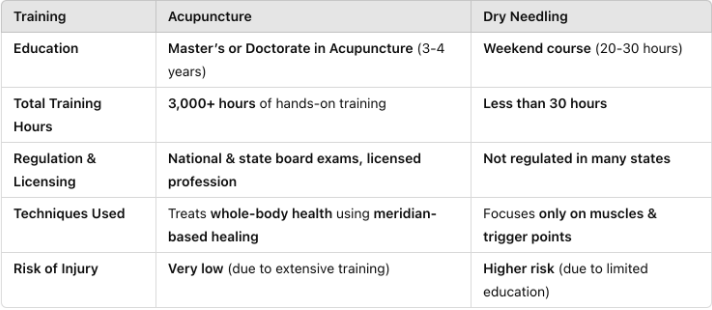
Key Differences in Training
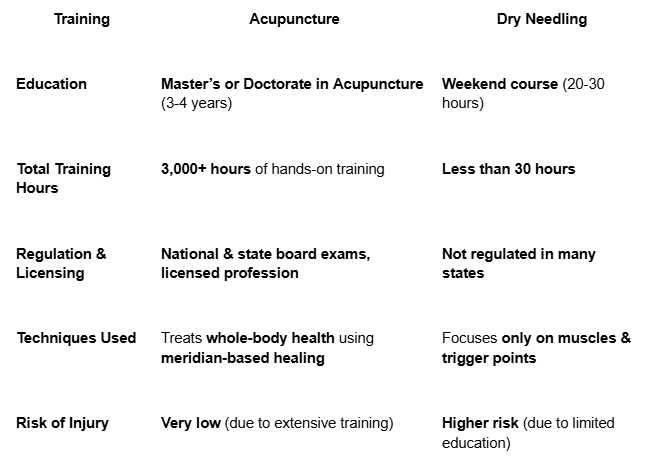
Would you rather trust someone with 3,000+ hours of specialized training or a weekend certification when it comes to inserting needles into your body?
Why Acupuncture Is the Better Choice
While
dry needling and acupuncture both use needles, acupuncture is a
safer, more comprehensive, and highly regulated practice that has been refined over thousands of years. If you’re seeking treatment for
pain, muscle tension, stress, or other health concerns, choosing a
licensed acupuncturist ensures that you receive
expert, evidence-based care from a trained professional.

Contact Lotus Acupuncture & Wellness
Ready to experience the best acupuncture care in Southern NH? Contact Lotus Acupuncture & Wellness today:
📍 Location: 3 Mound Court Unit 4, Merrimack, NH 03054
📞 Phone: 603-377-6633
📧 Email: lotus@lotusacupuncturewellness.com
🌐 Website: www.lotusacupuncturewellness.com
With expert care, a patient-centered approach, and an ADA-accessible facility, Lotus Acupuncture & Wellness is the top choice for acupuncture in Merrimack, Amherst, Bedford, Milford, Nashua, Manchester, and beyond.
Take the first step toward natural healing and well-being—schedule your appointment today! ✨

